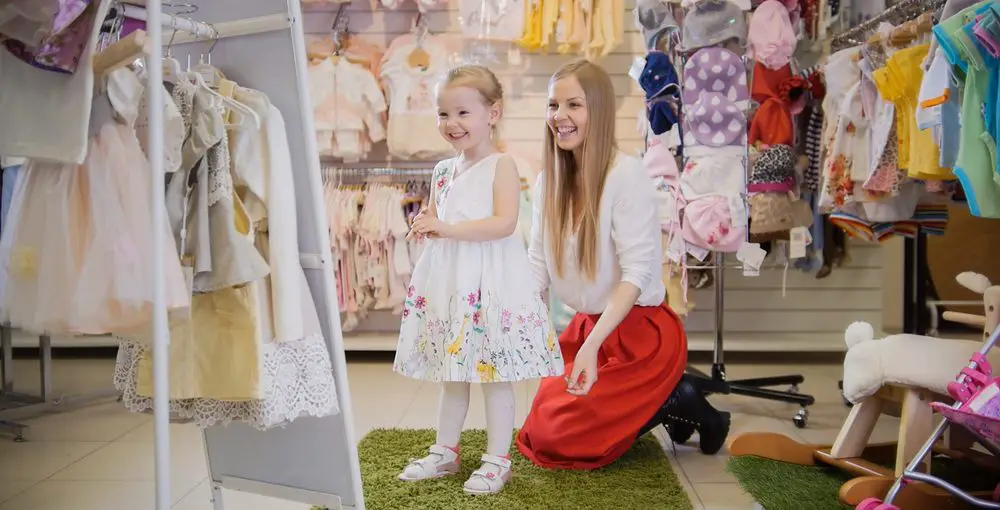Five Important Facts about Child Development Behavior and Mental Health
The Majority of Children Have Signs of Positive Mental Health
It should be noted that there is a scarcity of national data regarding indicators of good mental health among children. This scarcity contributes to the challenge of making extensive conclusions in this area. Nonetheless, according to the data that is available, a significant portion of children exhibit indicators of healthy mental well-being.
Between 2016-2019, parents reported that their child typically or always demonstrated resilience (87.9%), affection (97.0%), curiosity (93.9%), and positivity (98.7%) among children three to five years old. Children five to 11 years old demonstrated self-control (73.8%), persistence (84.2%), and curiosity (93.0%). Children who were 12-17 years old demonstrated persistence (84.7%), self-control (79.8%), and curiosity (86.5%). All this data on child development behavior and mental health is from the Centers for Disease Control and Prevention.
Infants Experience a Variety of Emotions
You might be surprised to learn that infants experience a variety of emotions. Early experiences significantly affect the socio-emotional development of infants. Infants as young as six months old can start to sense and become affected by the moods of their parents, according to the data. However, only 35% of caregivers believe that infants can experience emotions in such a manner. As previously mentioned, infants experience a variety of emotions, such as fear and sadness.
Young Children Have Demonstrated Their Resiliency
Positive and regular communication between an infant and its caregiver will often result in more secure attachment. This is another way of discussing the fact that using neural connections more often makes them stronger. This secure attachment will take place even if the infant experiences negative events from time to time. As a result, consistency is one of the most important factors for a child’s development during early childhood and infancy. Innate personality traits can help children go through a positive coping process. Caregivers can also use the resources to promote personality traits that help children cope positively with negative experiences.
Early Positive Interactions Promote Long-Term Emotional Wellness
As we have covered, young children can be pretty resilient when it comes to responding to negative events. However, if you want to help your child enjoy long-term emotional wellness, you should interact with them positively from as early an age as possible. Infants comprehend both their surroundings and themselves via how they interact with their caregivers. Consistently engaging with an infant provides the infant with a foundation that they can use to establish a level of predictability regarding the outside world. This makes infants more confident in developing their independence and exploring their surroundings.
Realistic Expectations of the Development of Young Children Are Crucial
While emotional development is a crucial part of brain development, it is often not emphasized or discussed as often as verbal, physical, or cognitive development. Everyone develops in a way that is unique to them. You should keep general milestones for socio-emotional development in mind and maintain realistic expectations, in addition to watching out for possible red flags. You can find resources regarding expectations for healthy emotional development and how to promote it. Some things that you can do are to establish and maintain routines and pay attention to how an infant attempts to communicate via body language.


